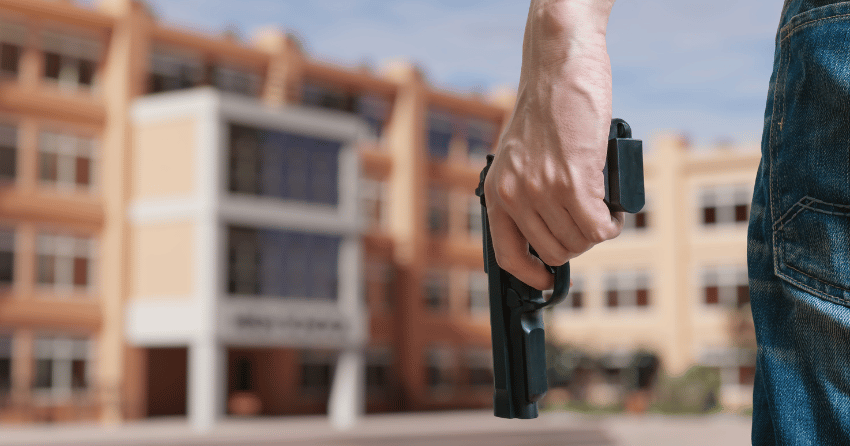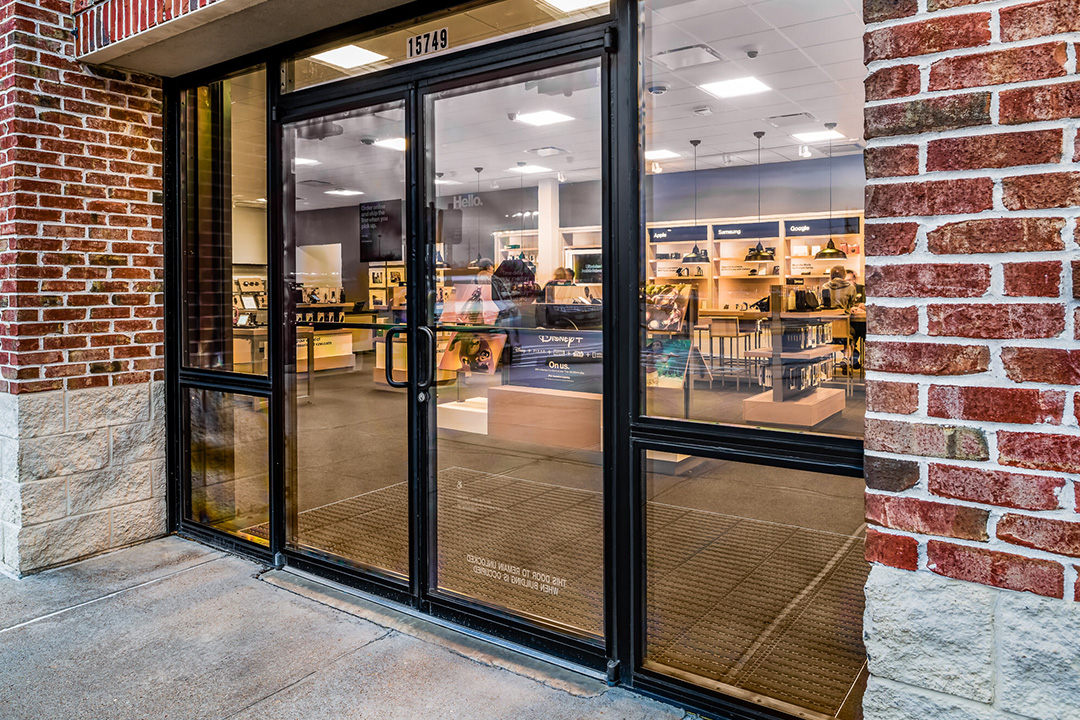


Bulletproof implies complete protection against bullets, while bullet-resistant means the material can resist penetration to varying degrees depending on the caliber and velocity of the bullet.
Bullet-resistant doors come in different levels of protection, ranging from UL Level 1 to UL Level 8, with higher levels offering greater resistance to ballistic threats.
Bullet-resistant doors are typically constructed using materials such as steel, aluminum, fiberglass, and composite materials, often reinforced with ballistic-resistant glass.
The weight and size of bullet-resistant doors vary depending on the materials and level of protection. While some may be heavier and thicker than standard doors, advancements in technology have led to lighter and more manageable options.
Yes, DefenseLite offers custom retrofit installation options to fit bullet-resistant doors into existing door frames or to match specific architectural requirements.
The cost of bullet-resistant doors varies depending on factors such as the level of protection, size, customization, and installation requirements. While they may have a higher upfront cost compared to standard doors, they provide enhanced security and peace of mind.
“As a security and protective design and engineering consultant for 45 years, and after having participated in reviewing, analyzing, testing and subsequently specifying many different force protection products for clients with extreme security concerns, I would strongly advise those in similar positions to consider the products sold under the “DefenseLite” brand name, and fabricated, furnished and installed by Impact Security. We have submitted their products to personal attacks by our security specialists and been engaged in having their products tested under live firing range conditions by elite law enforcement agencies for ballistic resistance and forced entry and can attest to their efficacy and value.”.
"While there are numerous aspects to any comprehensive security program, if you are able to make the windows of a facility difficult or impossible to breach, you can significantly enhance the overall security of the site. Many institutions take actions to secure their facilities without considering the “why” behind those actions. The best security plans are rooted in security principles that allow you to gain time during an emergency situation, and keep a threatening person at a distance. This is exactly why we utilized DefenseLite and BulletShield for our more vulnerable clientele, worldwide. Having worked on numerous and complicated security projects all over the world we have also experienced the value of having a high quality partner to properly install these items. Jeff Franson and his team have always done a stellar job, going above and beyond, and have ensured that the windows at our sites have the highest level of security features."
"I just wanted to take a minute to let you know that we recently had an attempted break in, the key word here is (attempted). Around 5:30 AM 3 individuals pulled up to the store, got out of a car, wearing masks and carrying bats and bricks. One started throwing a landscaping brick (~10 pounds) at the glass door protected by DefenseLite and the rock just bounced off, the other two went to work on one of the windows with the bats. The bats had little effect on the DefenseLite. After about 5 minutes of repeatedly throwing the brick at the door the glass behind the DefenseLite broke, but the DefenseLite stayed intact. The three spent a total of 8 and a half minutes beating on the Defense with rock and bats and still did not get in. I am 100% confident had I not chosen to put the DefenseLite they would have gotten it and gotten away with countless guns and I would have been dealing with the ATF and State Police for weeks if not longer and there would be a lot of illegal guns on the street. DefenseLite is hands down the best means of keeping bad people out of your store."
"Recently we had a torch attack on the side door at our Patagonia Portland Store (there have been two now). And last week we had a cinderblock attack on the same set of doors. There are no broken door glass, the doors were not damaged, and no intrusions into our store. Without DefenseLite, the damage to the door glass and doors would have been in the 10K range minimum. Then you have the amount of product that could have been taken out of our store. And then (a harder matrix to measure) store moral and store appearances would have most likely have suffered. Bottom line, DefenseLite works again! "
"DefenseLite recently completed a very complex lobby project for us which entailed a specialized design with multiple pieces and required a challenging installation. We could not be happier. The project was a grand success and the DefenseLite management as well as installers, were the utmost professionals demonstrating genuine care and customer service. Their technical knowledge is superb. We felt very taken care of as updates and good communication with us were continually provided. Thanks!"